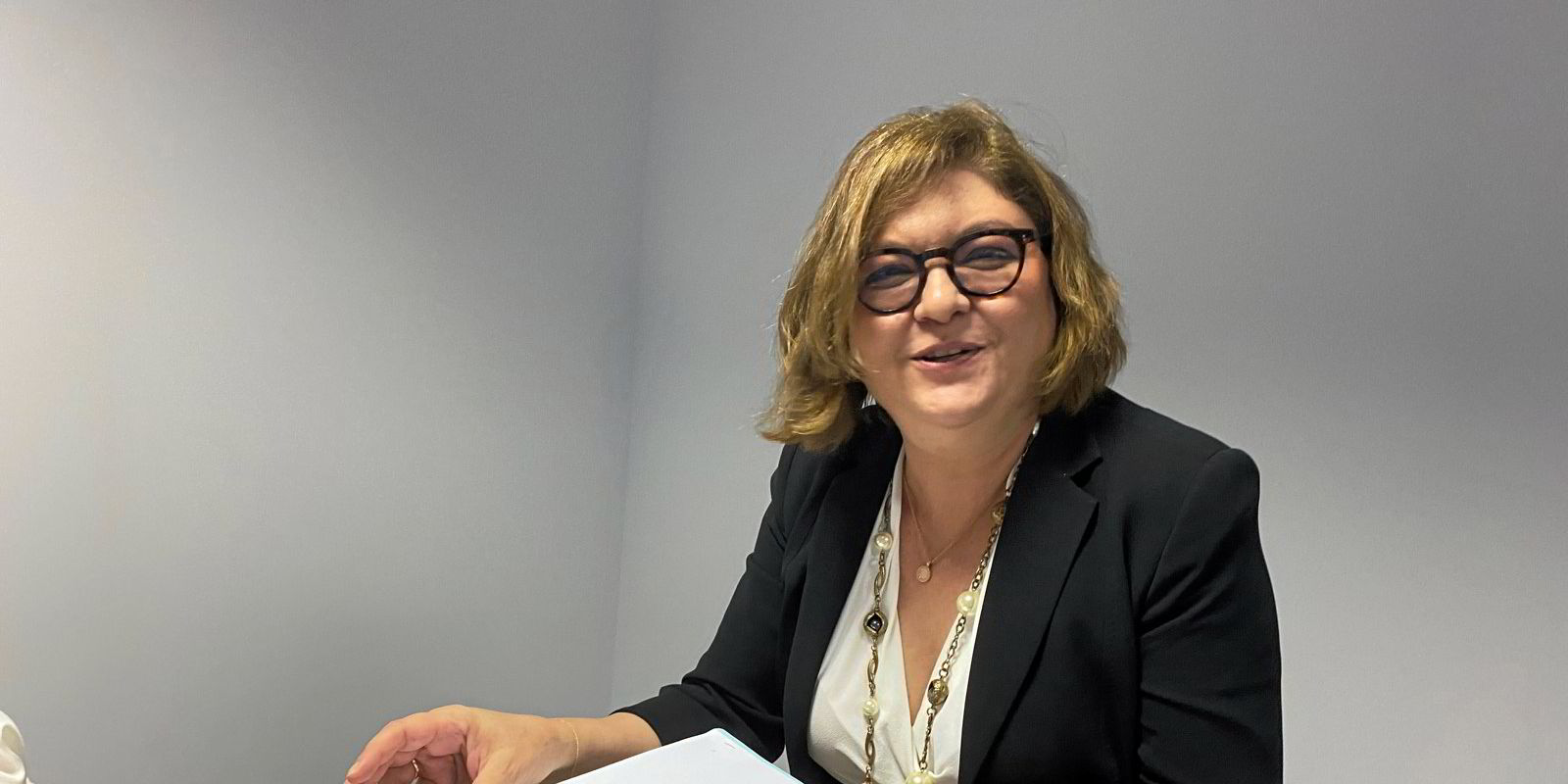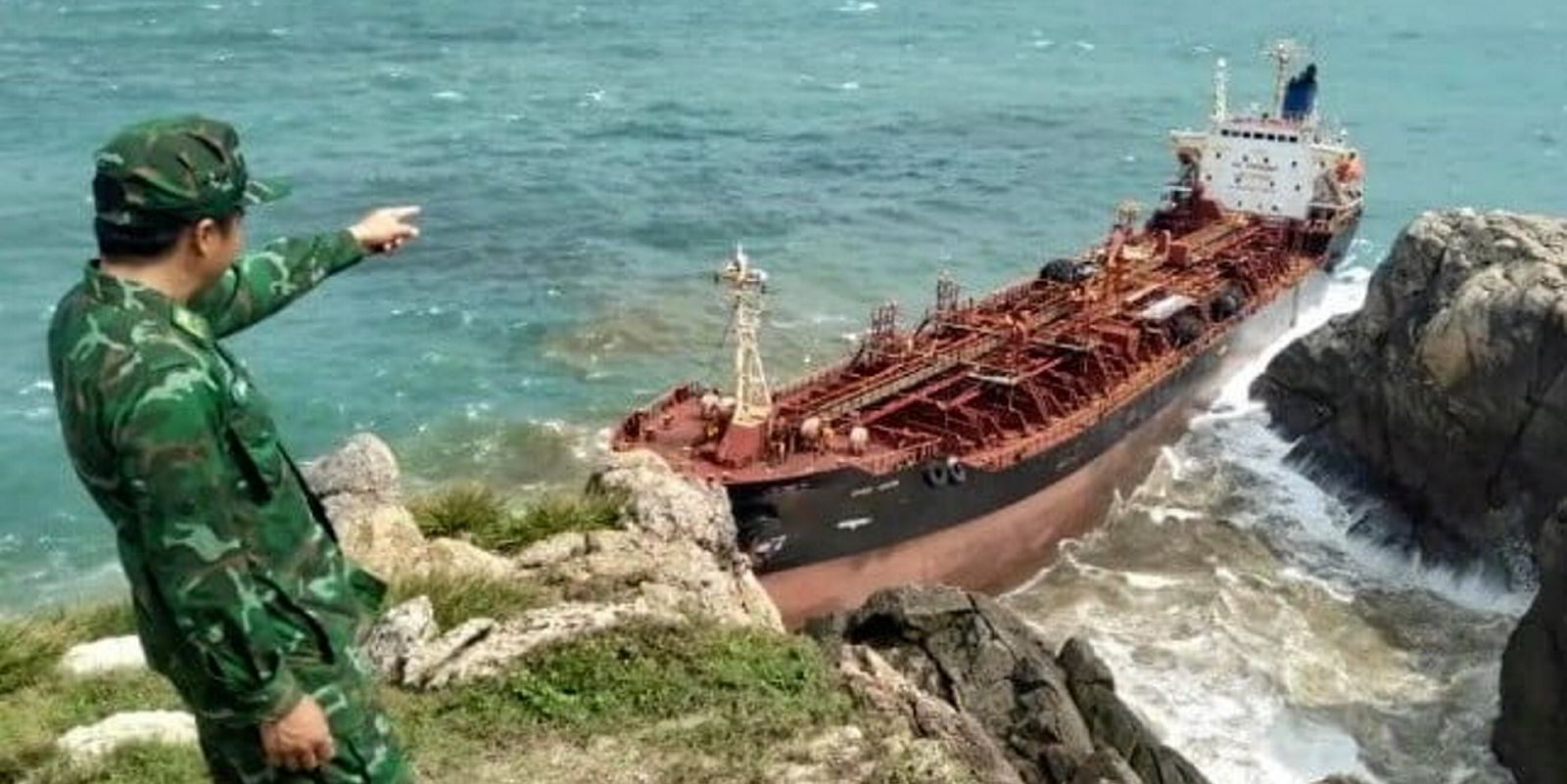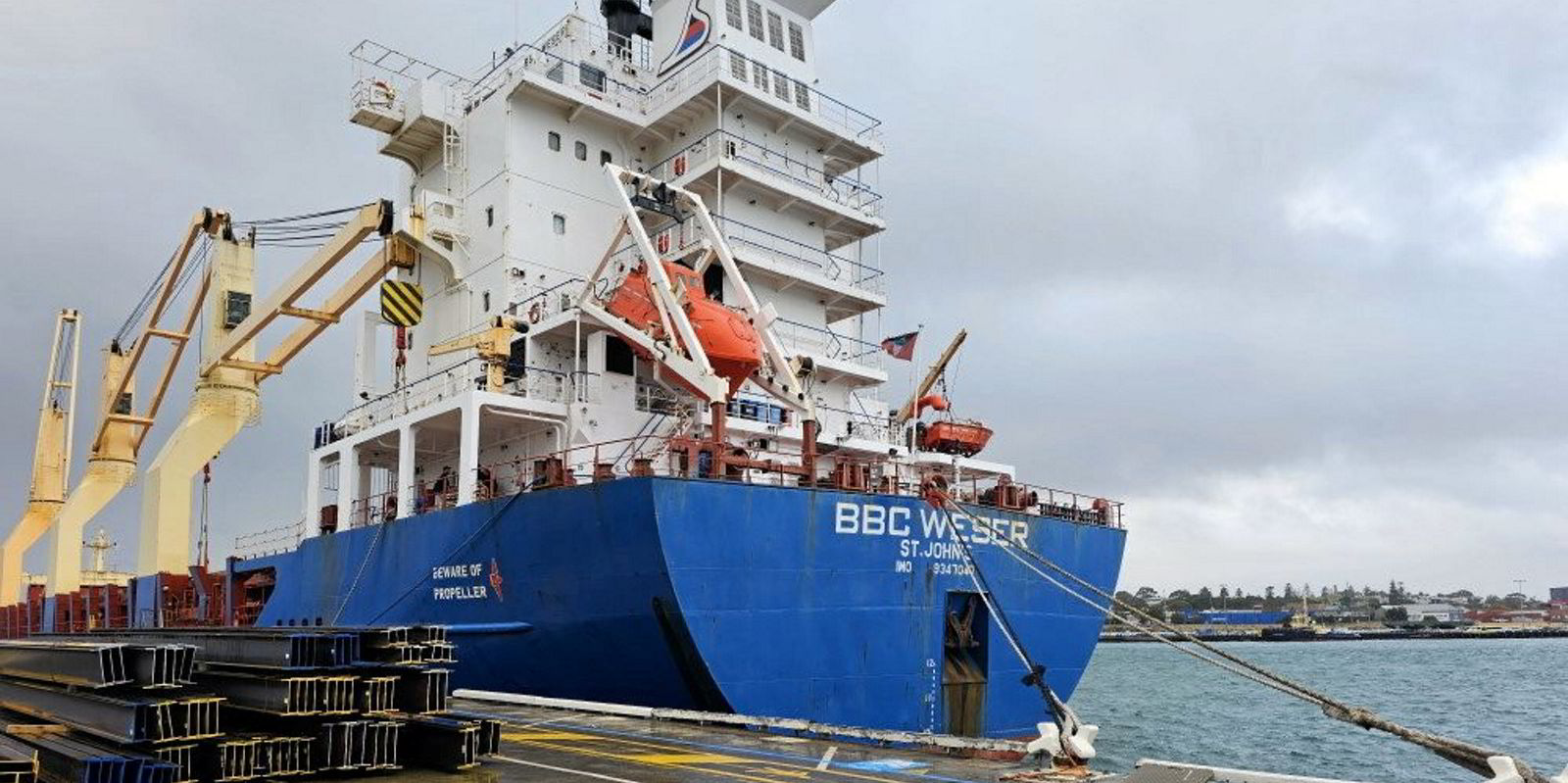Ministers from the European Union’s 27 member states have cleared a wide-ranging update of EU laws on port state control, ship-source pollution, flag state requirements and accident investigations.
The legislation package will now be the subject of further negotiations under the bloc’s trilogue procedure of talks between the European Parliament, the EU’s executive commission and the national governments sitting at the European Council.
The texts approved by ministers on their “general approach” in Brussels on Monday are updates to four earlier EU directives from between 2005 and 2009, to bring them in line with IMO and Paris MoU rules as well as with the latest technological developments.
They regulate the fundamental principles governing the investigation of maritime accidents, port state control matters, compliance with flag state requirements, as well as ship-source pollution.
Starting with the ship-source pollution, EU texts have been amended to specify that ‘adequate’ penalties mandated in the existing legislation will henceforth have to be “dissuasive, effective and proportionate”.
This will be additionally ensured through a new article, which aims at “the consistent application of the penalty system provided by the directive across the EU”.
In another proposal, the commission will ensure that “key, non-confidential and up-to-date information on ship-source pollution is available online”.
Furthermore, the EU plans to set up a dedicated channel for whistleblowers to report potential pollution offences.
Force majeure
Regarding port state controls, the EU amendments seek to reflect the experience gathered during the Covid-19 pandemic. Therefore, inspections can be missed in cases of force majeure, “provided that the missed inspection is recorded and the reason for missing the inspection is documented”.
Larger fishing vessels will have to undergo port state controls as well.
Member states will be obliged to develop and apply a quality management system for the port state control activities of their maritime administrations.
EU flag states will also have to use SafeSeaNet, an EU maritime information exchange system, to control and monitor vessels under their flags.
Furthermore, a new inspection database is foreseen that will be hosted by the commission. This will be based on the inspection database already in operation for PSC and passenger ship inspection reporting.
As for maritime investigations, smaller fishing boats will be included in their scope as well.






